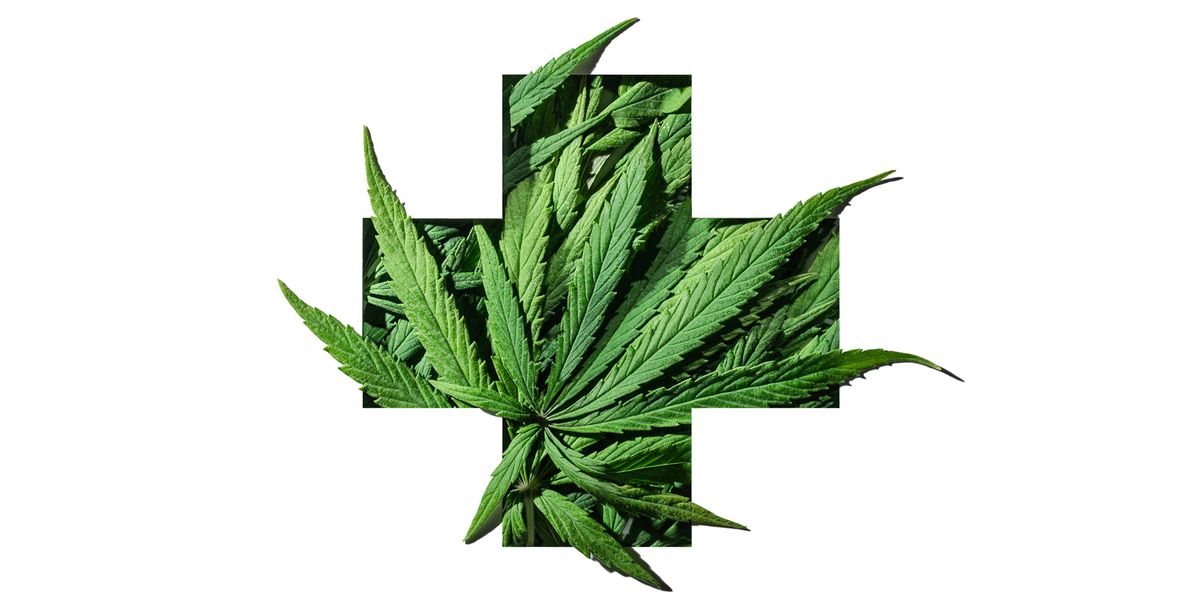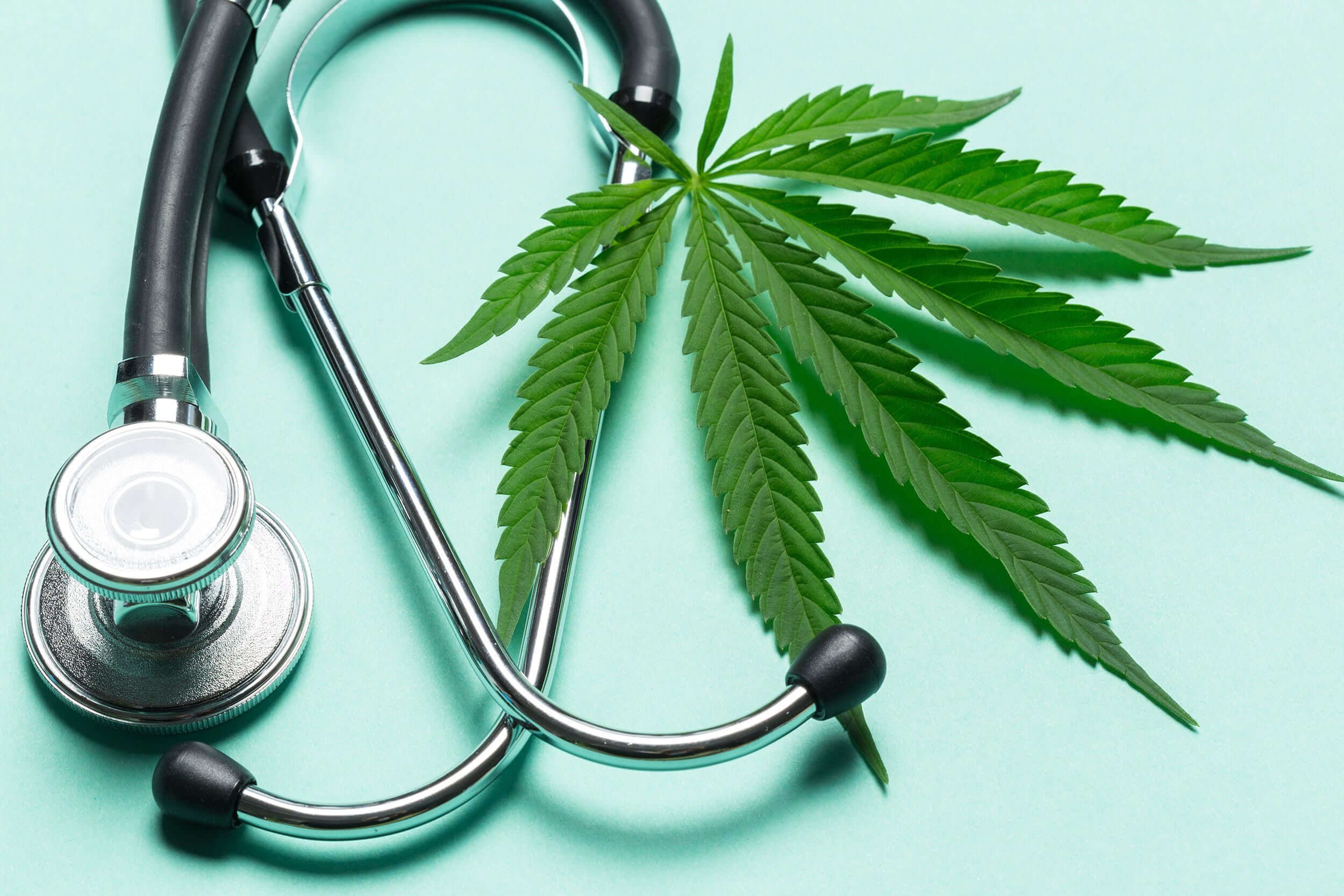Shedding Light on What Medical Cannabis Can Treat: an Extensive Evaluation of Its Therapeutic Properties
In recent years, there has been a growing interest in the healing potential of medical cannabis. While unscientific evidence abounds, a comprehensive examination of the clinical data regarding the effectiveness of clinical cannabis in treating these conditions is required.
Persistent Discomfort Monitoring
Chronic pain management stays an important facet of clinical treatment, necessitating a thorough technique for effective therapy. In the last few years, clinical cannabis has emerged as a prospective healing choice for individuals suffering from persistent discomfort problems. The endocannabinoid system, which plays an essential role hurting modulation, has been targeted by cannabis-based therapies to enhance and ease signs top quality of life for patients.

Furthermore, clinical marijuana supplies an appealing alternative for patients that experience intolerable negative effects from traditional discomfort medications. Its capacity to deal with pain through a various mechanism makes it an important addition to the arsenal of therapies offered for chronic pain management.
Epilepsy Therapy Prospective
Medical cannabis has actually revealed encouraging potential in the therapy of epilepsy, using an unique therapeutic approach for taking care of seizures in clients. Epilepsy is a neurological problem identified by persistent seizures, impacting people of every ages. Standard therapies for epilepsy consist of antiepileptic drugs, but these medications might not be efficient for all people and can have substantial adverse effects.
Study on the use of medical cannabis for epilepsy has actually disclosed encouraging results. Cannabidiol (CBD), a non-psychoactive substance discovered in marijuana, has actually been especially highlighted for its anticonvulsant properties. Researches have shown that CBD can reduce the regularity and seriousness of seizures in people with treatment-resistant types of epilepsy, such as Dravet disorder and Lennox-Gastaut syndrome.
Moreover, the FDA has accepted a CBD-based medicine, Epidiolex, for the treatment of seizures linked with these severe types of epilepsy. This milestone underscores the growing recognition of medical cannabis as a useful therapeutic option for managing epilepsy and supplies hope for people who have not reacted well to traditional treatments.
Queasiness Alleviation Perks
The relief of nausea or vomiting via using cannabis has actually been progressively identified for its healing benefits in numerous medical conditions. Nausea or vomiting and vomiting prevail signs and symptoms experienced by individuals undertaking radiation treatment, those with food poisonings, and individuals with persistent discomfort problems. Clinical cannabis, with its energetic compounds such as THC and CBD, has actually revealed guarantee in providing alleviation from queasiness.

Moreover, clinical cannabis provides an all-natural alternative for individuals who do not respond well to traditional anti-nausea medicines or who experience severe negative effects from these medicines. People undergoing chemotherapy, specifically, have reported substantial improvements in their lifestyle when using cannabis to manage nausea or vomiting. As research study around proceeds to grow, clinical marijuana is increasingly being thought about as a valuable option for queasiness relief in various clinical setups.
Stress And Anxiety Decrease Impacts
Research studies have demonstrated the capacity of cannabis in decreasing anxiousness symptoms through its interaction with the endocannabinoid system. The endocannabinoid system plays an important duty in managing feelings, including anxiousness, by keeping homeostasis in the body. Cannabinoids in marijuana, such as THC and CBD, connect with the endocannabinoid receptors in the brain, especially the CB1 and CB2 receptors, to modulate anxiety-related feedbacks.

Patients with problems like generalised anxiety condition (GAD), social anxiousness disorder, and trauma (PTSD) may take advantage of the anxiolytic homes of cannabis (Medical Marijuana Card Clinton MS). Nevertheless, further research is required to figure out optimal dosages, delivery approaches, and long-lasting effects on anxiousness monitoring.
Potential for Inflammation Control
With its well-known anti-inflammatory homes, cannabis has actually shown promise in potentially regulating swelling within the body. Swelling is the body's all-natural response to injury or infection, yet when it comes to be persistent, it can add to various illness such as arthritis, inflammatory digestive tract disease, and also heart illness. Research recommends that the cannabinoids located in marijuana, such as THC and CBD, can help reduce and control the immune reaction swelling.
Studies have actually shown that marijuana can connect with the endocannabinoid system, which plays a vital role in managing inflammation. By targeting the cannabinoid receptors, marijuana compounds can modulate the Going Here immune reaction, causing a decline in inflammation degrees. This makes cannabis a potential candidate for managing inflammatory problems where traditional treatments have actually failed.
Moreover, cannabis-derived products like CBD oil have actually gained appeal for their anti-inflammatory residential or commercial properties, with lots of people using them as an all-natural treatment for conditions connected with swelling. While more research is needed to totally understand the mechanisms behind cannabis's the original source anti-inflammatory impacts, existing findings reveal appealing results for the possible use medical marijuana in regulating inflammation.
Verdict
Finally, clinical marijuana has revealed promising restorative residential or commercial properties in taking care of chronic discomfort, treating epilepsy, alleviating queasiness, minimizing anxiety, and managing inflammation. Its possible advantages in different clinical conditions highlight the importance of further study and exploration into its medicinal use. The proof recommends that medical cannabis might be a useful alternative treatment option for patients looking for remedy for a series of problems and signs and symptoms.
In recent years, medical cannabis has actually arised as a prospective restorative alternative for individuals experiencing from chronic pain problems.Medical cannabis has revealed encouraging possibility in the therapy of epilepsy, offering an unique restorative method for greater elgin family care center managing seizures in patients. As study in this area continues to expand, medical cannabis is significantly being considered as a useful alternative for nausea alleviation in various medical settings.
In final thought, clinical cannabis has actually revealed encouraging restorative buildings in managing chronic pain, treating epilepsy, relieving nausea, minimizing anxiety, and managing swelling. The proof recommends that medical cannabis can be an important alternative treatment alternative for patients looking for relief from a range of symptoms and conditions.